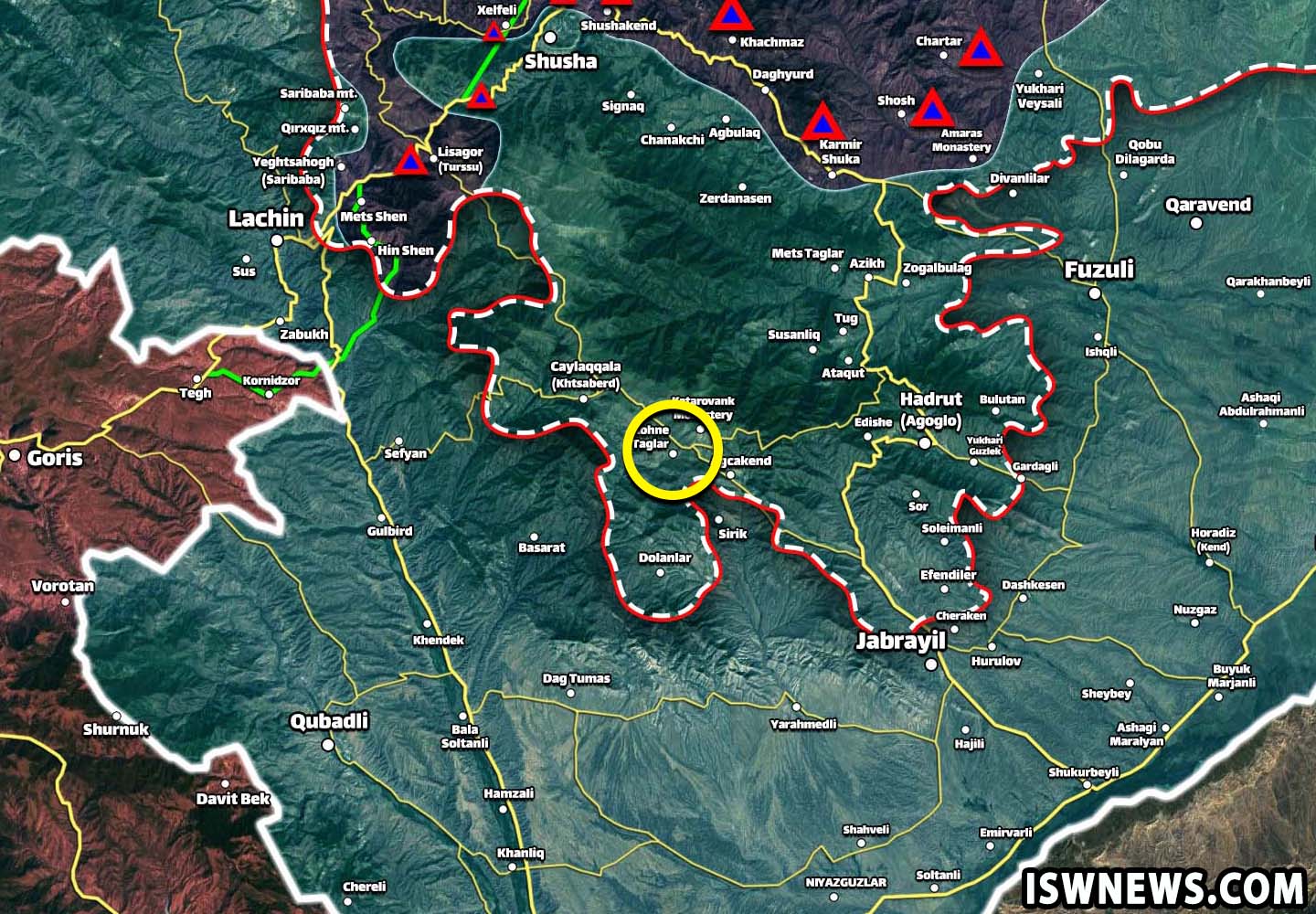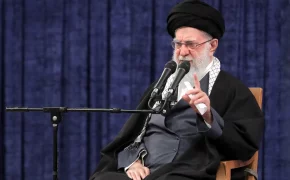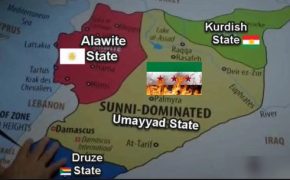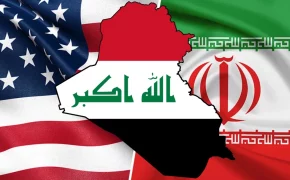Azerbaijani’s Way Of Bargaining Against Prisoners Of War

The hurdles in the way of creating a sustainable peace in southern Caucasus region between Azerbaijan Republic and Armenia are abundant, and the issue of prisoners of war (PoWs), who were nabbed following the Second Nagorno-Karabakh War, adds to the complication of the circumstances between the two sides.
The Russian-language service of the BBC paid heed to the issue in a report titled prisoners of war in Azerbaijan; terrorists or negotiation tools.
Following the signing ceremony of a tripartite statement among Russia, Republic of Azerbaijan and Armenia on November 9, 2020 and the official conclusion the Second Nagorno-Karabakh War, Azerbaijan’s army besieged and arrested Armenian soldiers, who were stationed in Hin Tagher village in the disputed region of Nagorno-Karabakh. The village is called Kohne Taghlar in Azerbaijani language and in accordance with Azerbaijan’s administrative division is part of the Khojavend County. At the time, when the Armenian soldiers were arrested, the areas controlled by any warring side were not clearly identified; so, the Armenian forces were besieged and then arrested.
In summer 2011, the Azerbaijan Republic sentenced 13 Armenian prisoners of war to six years behind bar on charges of terrorism, keeping and transporting of illegal arms as well as forming unlawful armed organization.
The government in Baku announced that only 33 prisoners of war are in custody. Siranush Sahakian, lawyer representing Armenian POWs in the European Court of Human Rights, believes that in addition to the mentioned number, there are also 90 other Armenian prisoners of war in Azerbaijan.
Arman Tatoyan, human rights defender in Armenia, said that the trial of the Armenian prisoners of war in Azerbaijan was held in contradiction to the international regulations.
Arif Yunusov, human rights activist in Azerbaijan, is of the opinion that the trial was held hastily and without paying heed to the prisoners’ cases. All knew that the people will turn into a case for exchanging and bargaining with Armenia, the United States, Syria and Lebanon. There are two Armenian nationals of Syria among the 13 trialed prisoners of war. Azerbaijan needs the prisoners of war in order to take advantage for different political postures. Earlier, Azerbaijan released 15 Armenian prisoners of war, when an American official visited Baku.
The BBC went on to say that the signing of peace deal between Azerbaijan and Armenia has been tied to the issue of supporting the rights of Armenians in the mountainous region of Nagorno-Karabakh. The Armenian nationals of the Nagorno-Karabakh region are worried about their security, because the Azerbaijani authorities foment hate speeches against the Armenians of the country.
According to the ISWnews, some Armenian sources said that Head of Communication and Prevention Programs at the Armenian Office of the International Committee of the Red Cross Zara Amatuni has released other news stories on the conditions of the Armenian prisoners of war with the of military and paramilitary background, who were active in the Hin Tagher village. The Azerbaijani government allowed Amatuni to meet Vigen Oljakchian, a Lebanese Armenian national, who was imprisoned in Baku. Oljakchian could have a phone conversation with his family members for the first time since the time when he was arrested by Azerbaijan. The Armenian national paramilitary force refused to give any information to the representative of the Red Cross.
The volunteer Armenian national paramilitary forces that came from different countries cooperated with the Armenian armed forces as well as other paramilitary forces during the Second Nagorno-Karabakh War against Azerbaijan’s army. The foreign Armenian national paramilitary forces are those, whose ancestors were massacred or displaced by the Ottoman Empire during the World War I.




Comment